At the end of the 19th century, the Czech artist and folklorist Ludvík Kuba travelled to Bulgaria with one goal in mind: to explore the country's rich song heritage. The melodies he collected were published in a separate volume of his Slavic Song series. "Ludvík Kuba and Bulgarian Song Culture at the End of the 19th and the Beginning of the 20th Century Between Town and Village" is the topic of a lecture on 29 April at the Institute of Ethnology and Folklore Studies with the Ethnographic Museum of the Bulgarian Academy of Sciences in Sofia.
Born in 1863 in the town of Poděbrady, Ludvík Kuba showed an early interest in both art and music. He attended a school for organists, so his parents hoped he'd become a church musician. And in fact he did find his way to music later in life, only not behind the walls of a cathedral, but out in the wide world, travelling both near and far. But first he studied art in Prague, Munich and Paris. He worked for a time as an artist in Vienna and, as well as painting, developed a keen interest in Slavic languages and culture. Travelling to different countries, he managed to write down 1,558 songs while developing his career as an impressionist painter.
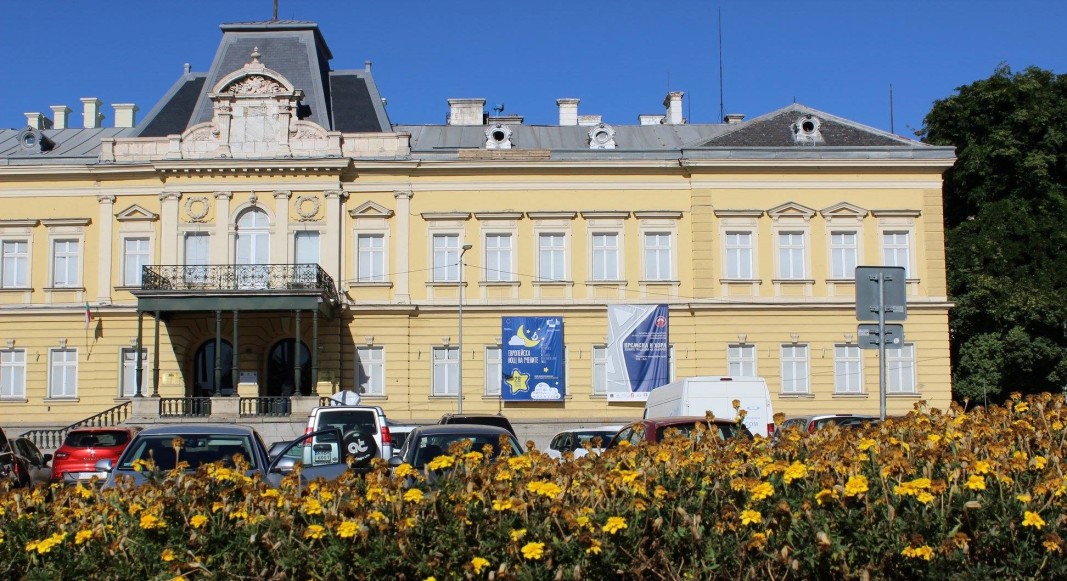
"Since there were no recording devices in those days, Ludvík Kuba had people sing for him, relying entirely on his ear to capture the music," says ethnomusicologist and lecturer at the Bulgarian Academy of Sciences, Assoc. Prof. Veselka Toncheva. He was a really good musician, maybe he had perfect pitch, because he could write down a song as it was being sung, in its actual pitch.
On his first visit to Bulgaria in 1884, the Czech travelled around Sofia, Tatar Pazardzhik and Plovdiv, while on his second visit in 1828 he concentrated on the Rhodope Mountains and individual villages. In the urban areas he also recorded rural songs, and in the rural areas he recorded some urban songs, as there was an interaction between urban and rural culture at the turn of the 19th and 20th centuries.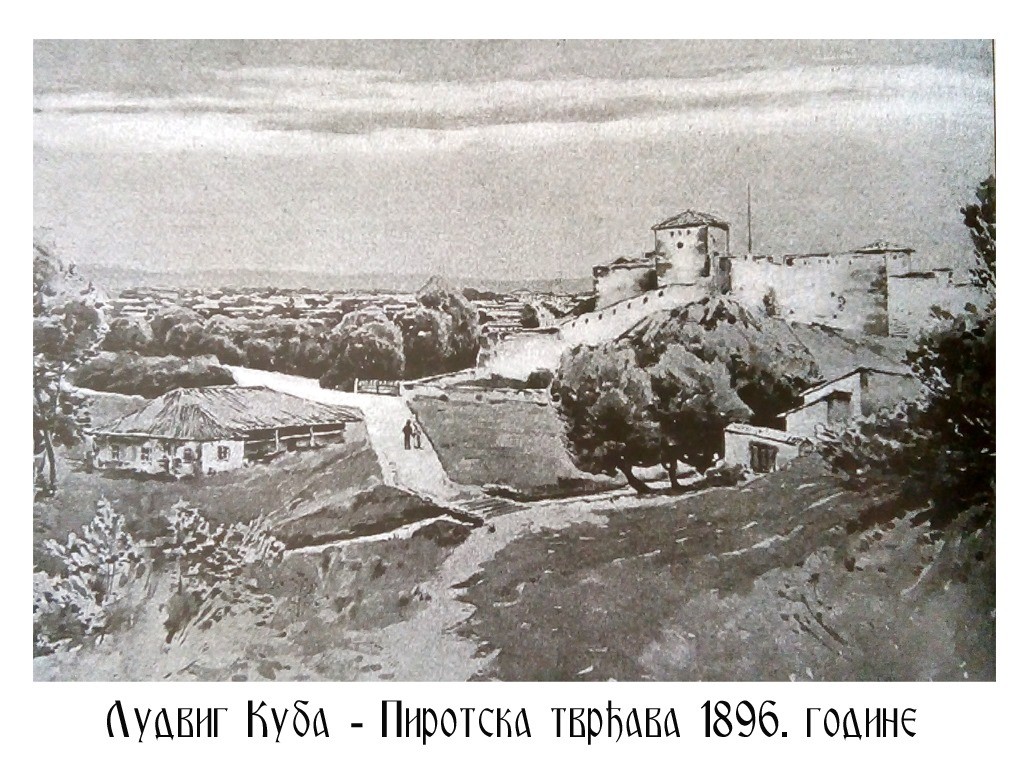
"We know how long Bulgaria was "Back then, we lived in relative isolation, and our opening up to European and urban culture came in Bulgaria after it gained its independence, which inevitably had an impact on the musical and song repertoire. It turns out that music is highly receptive to new civilizational models. Ludvík Kuba was familiar with European music, harmony and thinking, but as an outsider to our culture he worked with a different reception, with different cultural codes - a European's ear is indeed tuned differently. Nevertheless, he does it well, and some of his examples are literally variations on existing songs."
He dedicated two volumes of his extensive series of 15 books, Slavic Culture in Songs, to Bulgarian and Macedonian folk art.
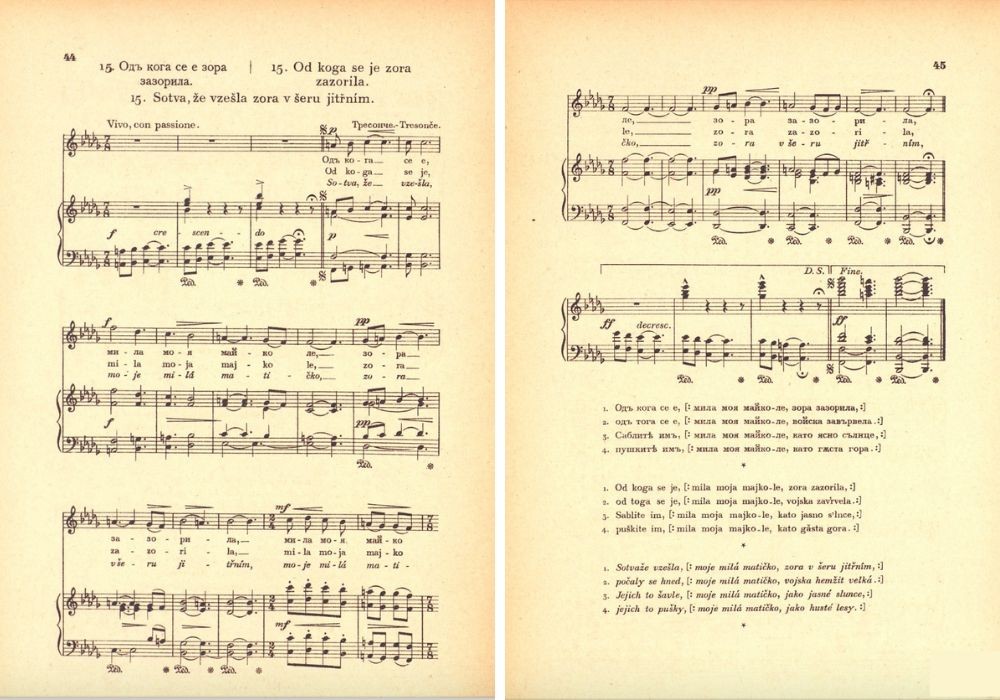
"I must admit that the Bulgarian collection does not contain as many popular songs as the Macedonian collection, where we can find, for example, Zhali Goro, Zhali Sestro, which is entirely based on the melody of the Bulgarian song Hubava Si Moya Goro," says the ethnomusicologist.
An important detail is that Ludvík Kuba has harmonised all the songs, i.e. they are accompanied by piano. "This is an interesting approach, because Bulgarian folk songs do not have the major-minor thinking of Western European harmony, but he manages to place them within its framework while preserving the distinctiveness of the more exotic Balkan sound," adds Assoc. Prof. Veselka Toncheva. The Czech musician also translates all the lyrics into his native language.
After documenting song material for the collection 'Macedonian Songs' in 1925-27, Ludvík Kuba noted in the preface that the Macedonians were in fact Bulgarians, their language was Bulgarian and the songs they sang were Bulgarian.
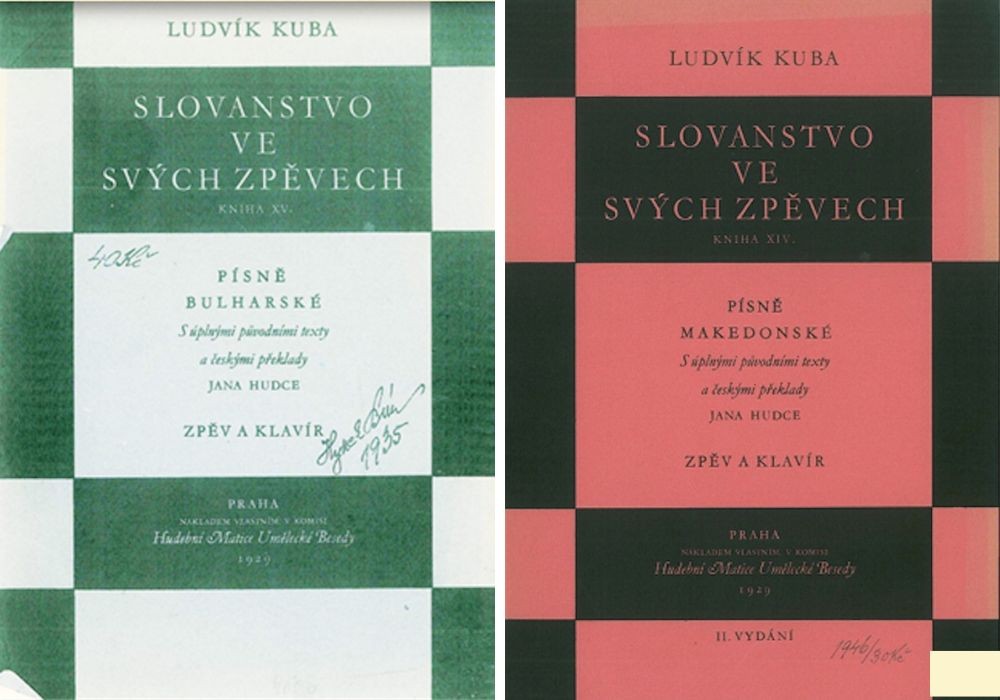
But how could all this go unpunished at a time when the official authorities in Belgrade were trying to convince the world that Macedonian folk art was Serbian?
"The historical context in the Czech lands made it possible," answers the ethnomusicologist, "and besides, Ludvík Kuba travelled with companions. He succeeded in connecting with a student from Macedonia who had a Bulgarian national consciousness and who accompanied him on his travels. Kuba's 21-year-old son also travelled with him. The researcher had political and financial support at the highest level in his home country".
Ludvík Kuba's life seems almost picturesque - he was a landscape painter who travelled on horseback, collecting melodies born in the countries he explored.
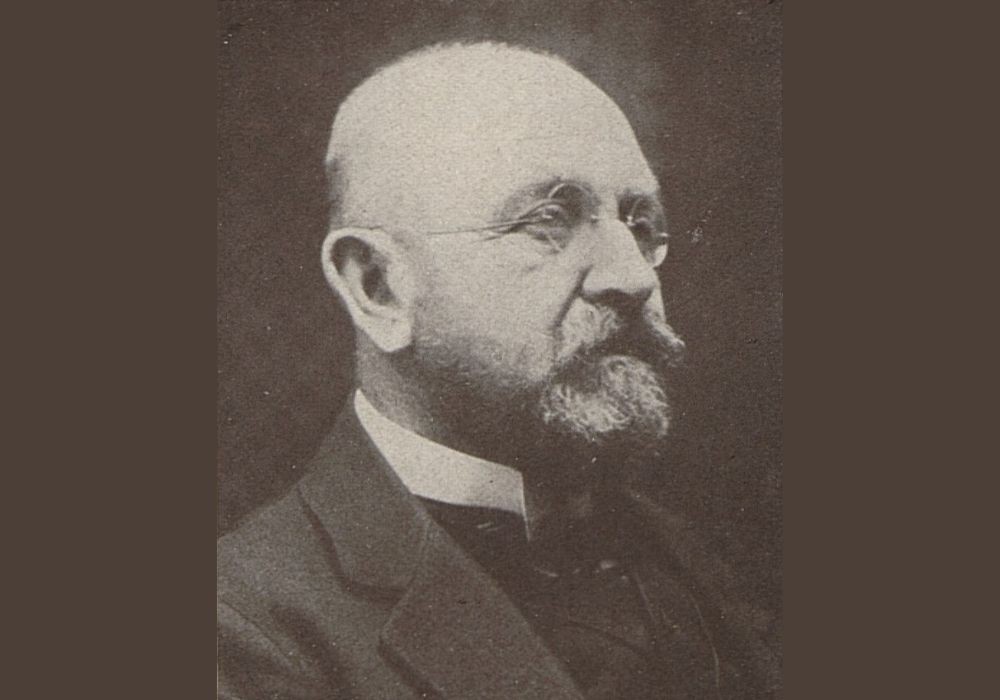
"He was able to capture the spirit of many countries, including Bulgaria," says Assoc. Prof. Veselka Toncheva. "He painted churches, mosques, bazaars, clothing, everyday life, and festivities. This complexity of his personality is both significant and fascinating, as he succeeded in capturing the essence of each country through two distinct artistic methods."
Ludvík Kuba passed away at the age of 93, receiving recognition for his life's mission to learn about the song tradition of many nations and present it in a form ready for performance. Unfortunately, his contribution to the knowledge and preservation of Bulgarian folklore remains unknown to the general public in Bulgaria.
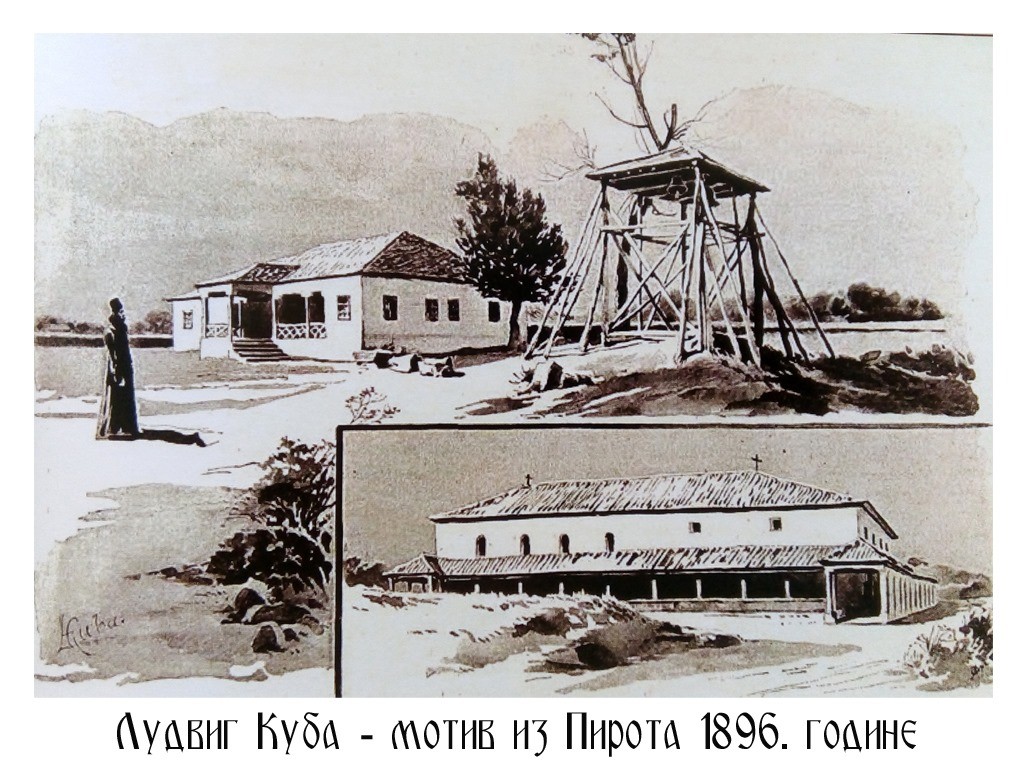
"I contacted his great-grandson, Jaroslav, who is very keen to make Ludvík Kuba better known in the countries where he worked. Thanks to him, I now have many pages copied from the archive in Poděbrady, where I found songs missing from the Bulgarian and Macedonian collections. There are many manuscripts and versions of attempts at harmonisation - all of which will allow for a more complete and profound understanding of him," concludes Assoc. Prof. Veselka Toncheva.
Clocks and bells will ring out in the center of Stara Zagora on Saturday, when the city will host the XXIV Masquerade Games Festival . The event will start with a traditional parade of participants. Attractive babugers, araps, old men and other..
Today marks the 88th anniversary of the birth of remarkable Bulgaria folk singer Nadka Karadzhova . Born on March 14, 1937 in the then Pazardzhik village of Trivoditsi (today - Plovdiv region), she is a descendant of an old musical family. At the age..
Every year, the chitalishte (community culture club) in the village of Kralevo not far from Targovishte, re-enacts Bulgarian traditions and rituals, organizing contests such as “Master lyutenitsa - maker” and “From granny’s dresser”. And for the..

+359 2 9336 661
